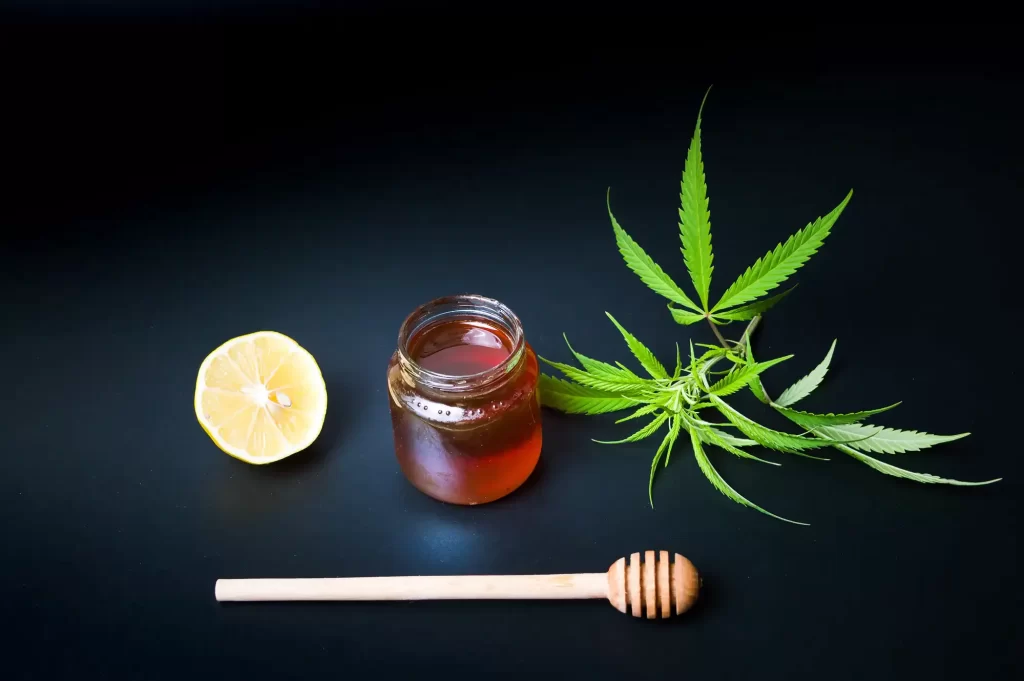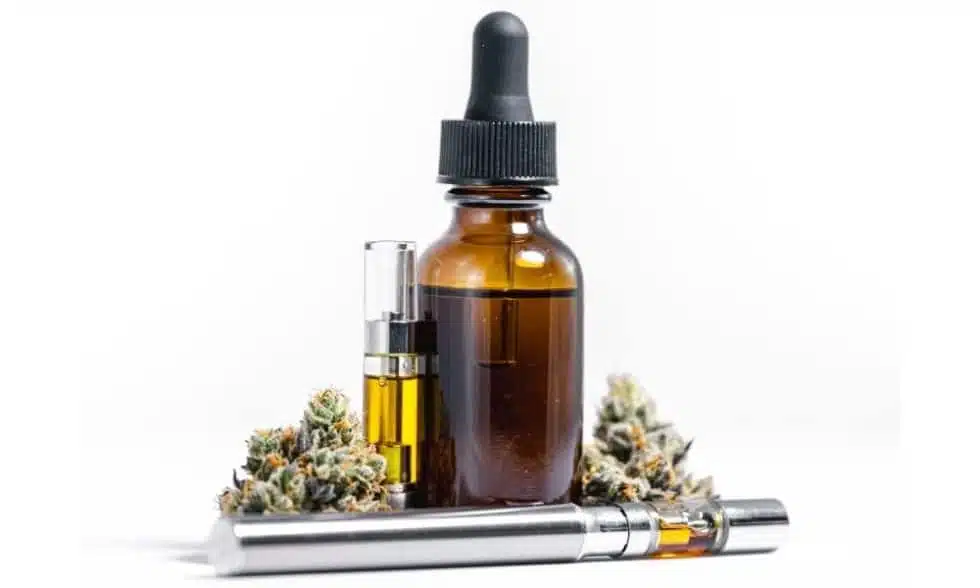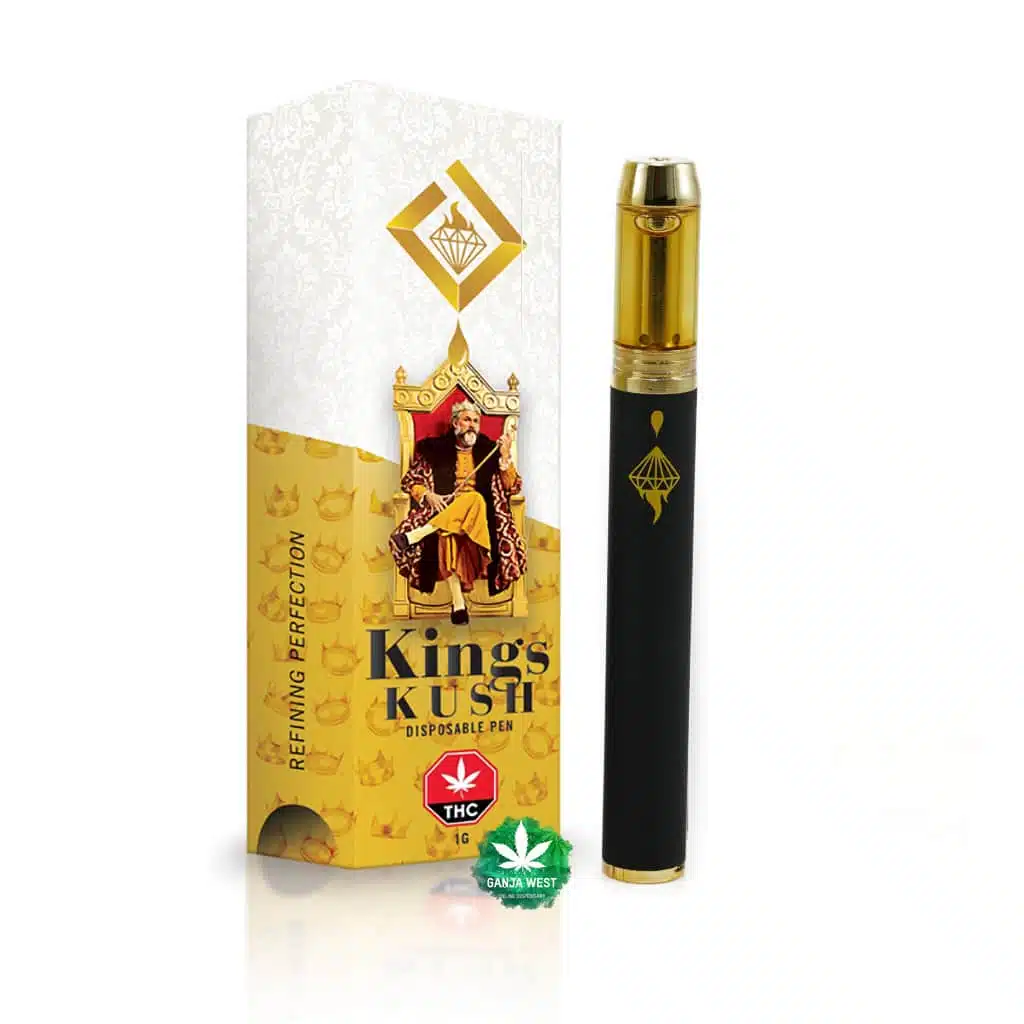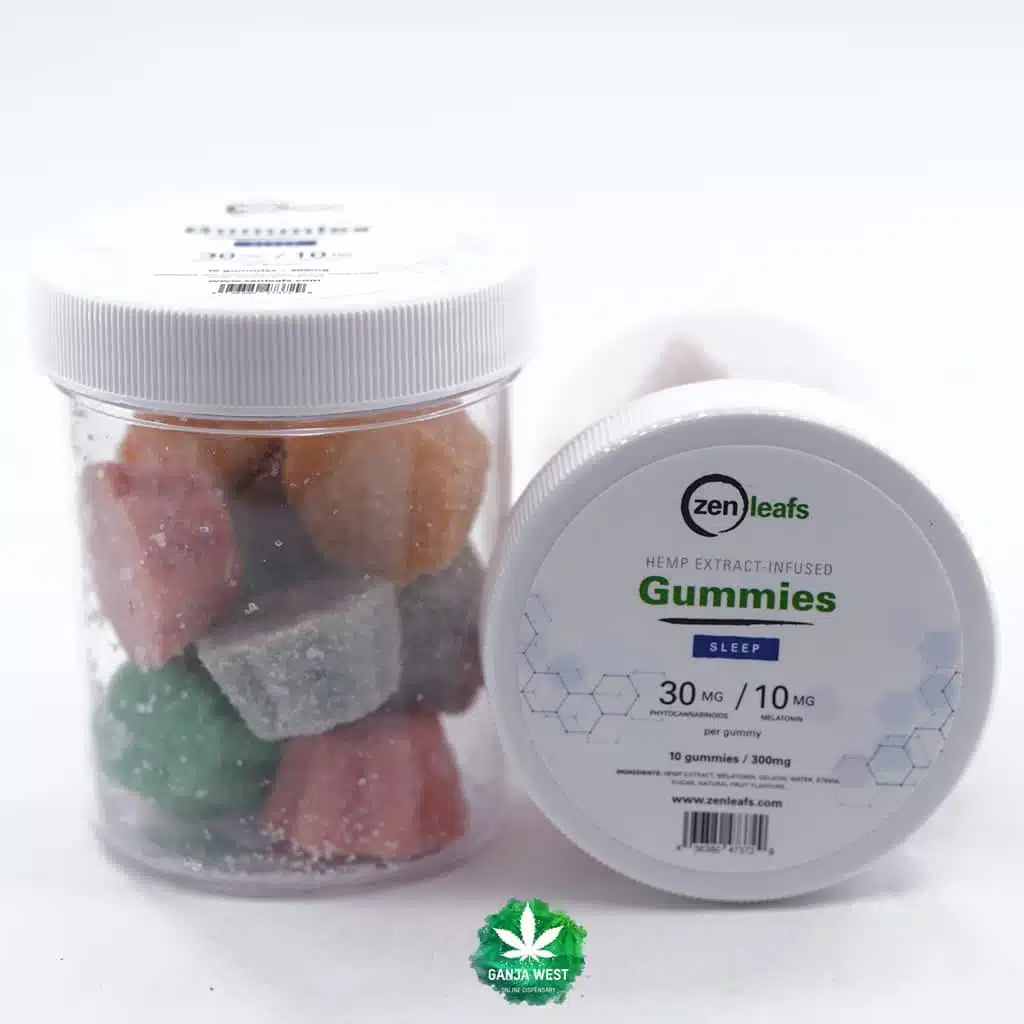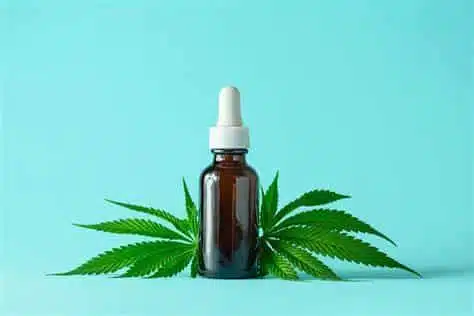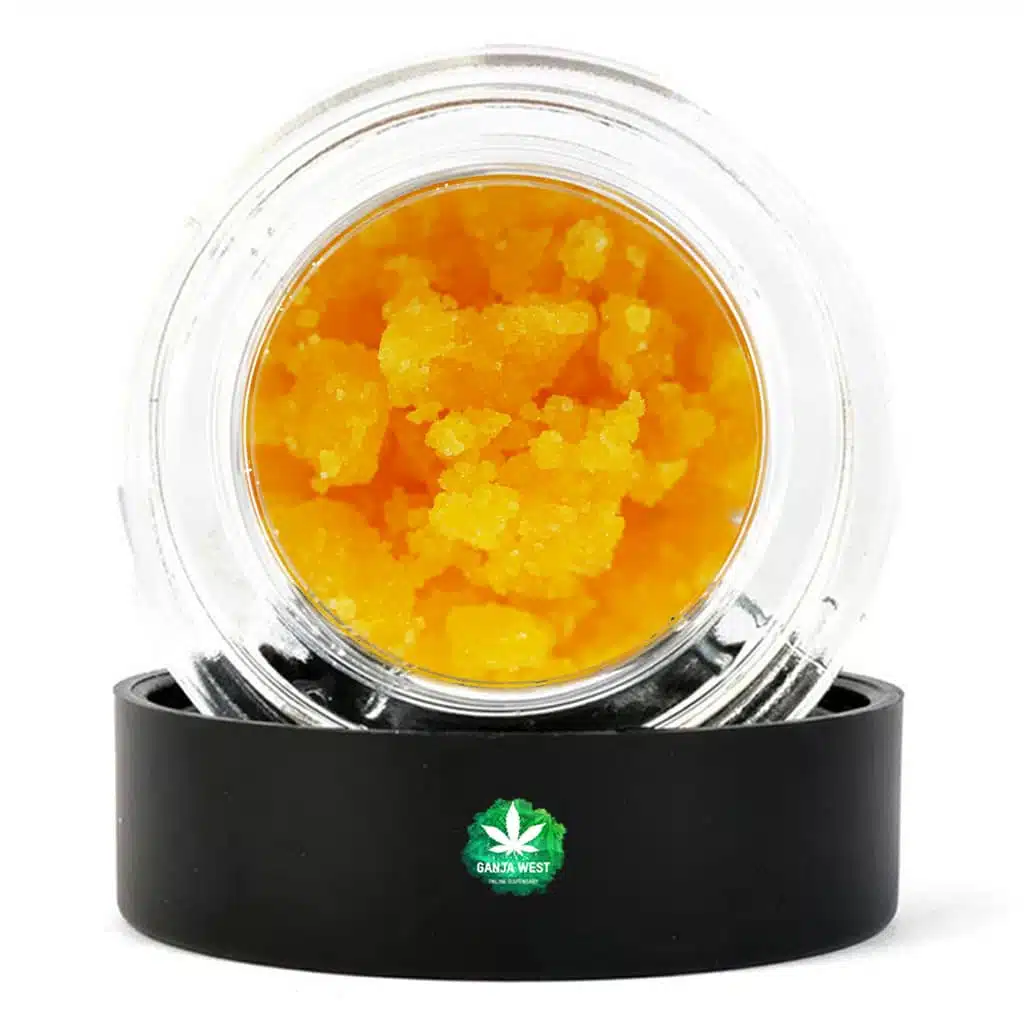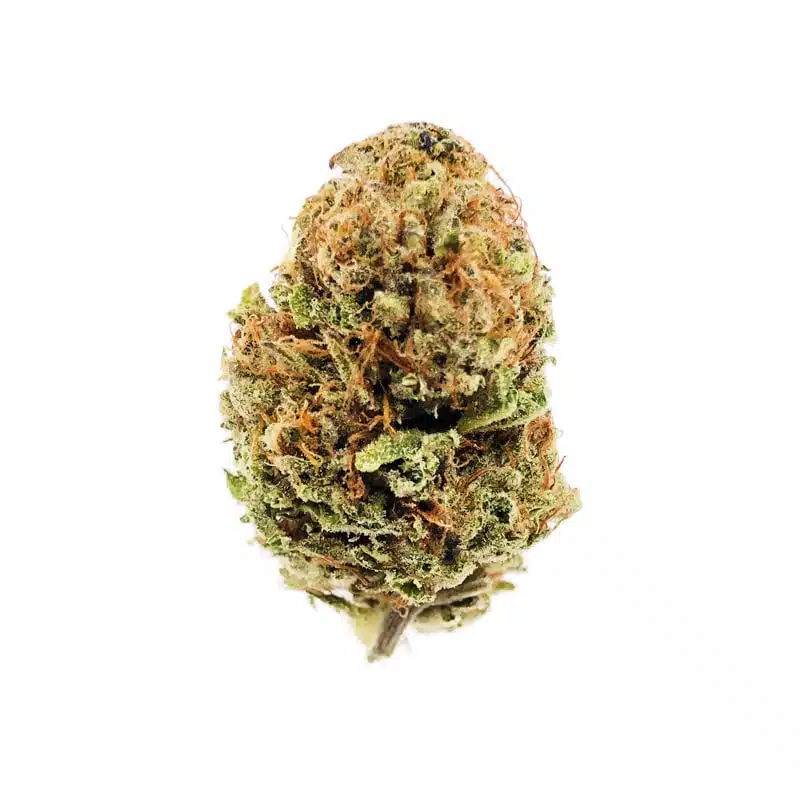THC Compound: Everything You Should Know
THC Compound: Everything You Should Know
Cannabis has been getting a lot of attention lately, and all of it has been focused on THC. THC is the compound responsible for producing cannabis’ famed psychoactive effects, and it’s sparked debates on what role the drug can play in our society, legally and socially. But while we know that THC exists, many people don’t know what it actually does or how it affects our bodies. If you want to learn more about THC, check out this guide on everything you wanted to know about THC but were afraid to ask!
What Is Cannabis?
Cannabis is a plant species in the family Cannabaceae. It includes three primary subspecies: Cannabis sativa, Cannabis indica, and Cannabis ruderalis. Cannabis has been used for a variety of purposes, including for its medicinal and recreational effects. It is also known for its psychoactive compounds, such as tetrahydrocannabinol (THC) and cannabidiol (CBD).
What Is THC?
There are many benefits to THC, including its ability to help with symptoms of cancer or Alzheimer’s disease. However, it’s important to remember that THC doesn’t cause users to feel high, and it comes from different strains of cannabis plants than CBD.
What Is CBD?
CBD stands for cannabidiol, which is a naturally occurring compound found in the cannabis plant. CBD is one of many compounds, known as cannabinoids, that are found in the cannabis plant. Unlike the more well-known compound tetrahydrocannabinol (THC), CBD is non-psychoactive, meaning it does not produce the “high” commonly associated with cannabis use.
CBD has become increasingly popular in recent years as a natural remedy for a variety of health conditions, including anxiety, pain, and insomnia. It is also used to manage symptoms of conditions such as multiple sclerosis and help with epilepsy. CBD is available in a variety of forms, including oils, capsules, and topical creams.
THC’s Impact on Appetite
Marijuana has been known to have an appetite-stimulating effect, which is why it can help with diseases like obesity. THC affects our body in a way that causes it to produce more dopamine, which is responsible for feelings of pleasure and reward. This makes us feel hungry and want to eat high-calorie foods.
THC is Anti Inflammatory
There are twenty times more anti-inflammatory properties in THC than in aspirin and twice as many as in hydrocortisone. Prescription THC has been proven to be effective in reducing inflammation for conditions such as rheumatoid arthritis and psoriasis. In fact, THC can be bought over-the-counter (albeit illegally) in many topical creams used to treat muscle soreness and pain caused by illness or injury. For example, athletes will use topical THC to treat muscle soreness after a particularly grueling workout.
THC in Managing Cancer Symptoms
Many people know that THC is a powerful medicine that can help prevent vomiting and nausea, and it is also used to help people with AIDS manage their appetite. This is a life-saving treatment for many people, and it is also very effective in helping HIV/AIDS patients gain weight and live longer. Few drugs can boast such amazing benefits, and THC is one of them.
THC’s Role in Pain Management
Marijuana can have a number of benefits for reducing pain, including by binding with receptors in muscle tissue and neurons. This reduces the amount of pain signals that travel up and down your body’s nervous system, which can help reduce anxiety.
CBD vs. THC
Cannabis contains two main compounds, CBD and THC, which interact with receptors throughout the body to produce various effects. These effects can be felt mostly in the central nervous system and the immune system, but there is some interaction between the two. Here are a few key points about CBD and THC.
CBD doesn’t produce a high, but it does have a profound effect on your system. The amount of THC present in any given strain determines whether or not that strain will get you high—and how strong that high will be. In other words, if you want to use marijuana for medicinal purposes without getting stoned, you need a strain with low levels of THC (or even none at all). CBD can be extracted from either hemp or marijuana plants—but hemp plants only contain trace amounts of THC (<0.3%), so there’s no risk involved when using them for CBD products like oils or tinctures.
This concludes that CBD is not as effective as THC when it comes to getting high.
When to Use THC
Some people believe that THC compound can be helpful for many conditions, including migraines, PTSD, and cancer. Others are unsure if THC is an effective treatment for these problems, and may be concerned about its side effects. If you have a health condition that could potentially benefit from using THC, it’s best to discuss it with your doctor first. Doctors will weigh benefits and risks when deciding if it’s safe for you to use THC or not. People who don’t have a condition that can be treated with cannabis are discouraged from using marijuana products that contain high levels of THC because they may experience unwanted side effects and drug interactions.
Conclusion
THC, or tetrahydrocannabinol, is responsible for THC-induced euphoria and sedation. It binds to CB1 receptors found in areas of your brain that control coordination and short-term memory. However, THC can be dangerous when used too frequently or with too much potency—or both! Research has shown a link between prolonged use of marijuana and poor mental health. If you’re prone to depression or anxiety, it’s best not to use pot at all. If you are interested in cannabis and THC products, check out Ganja West online dispensary at ganjawest.co!

